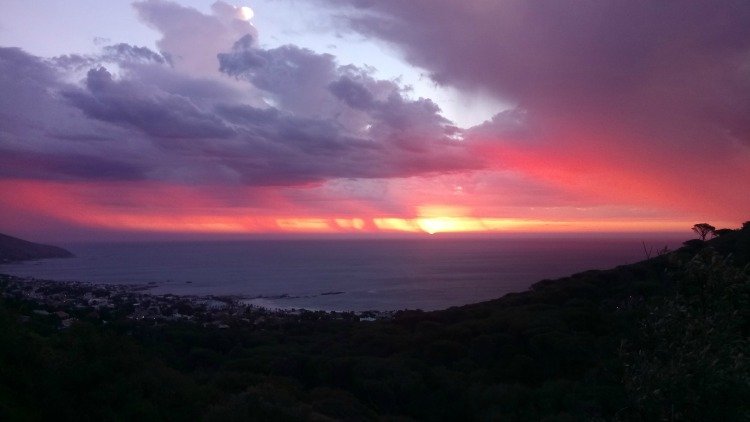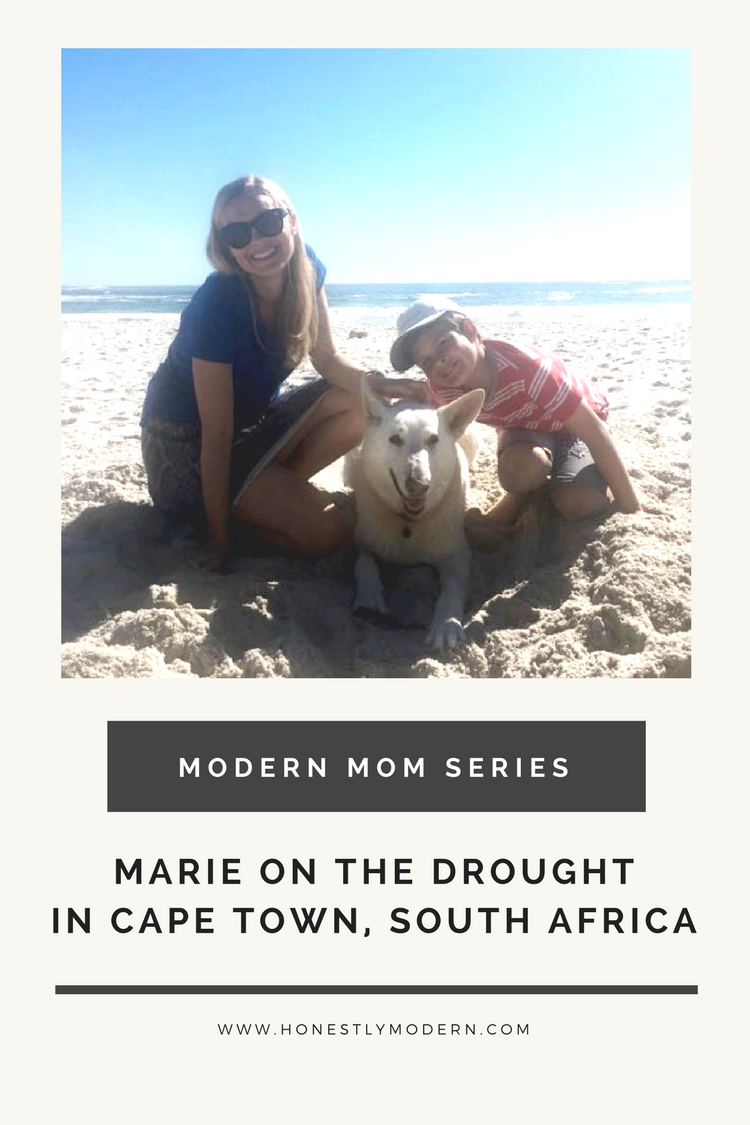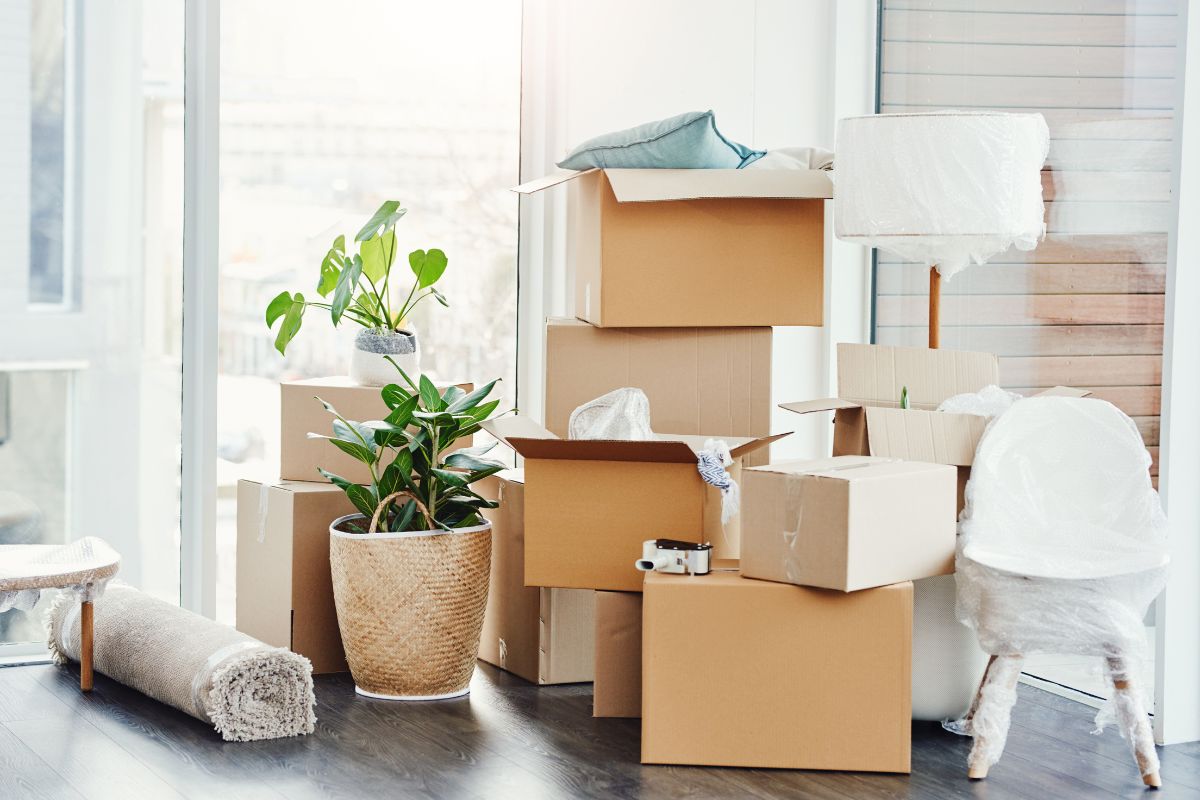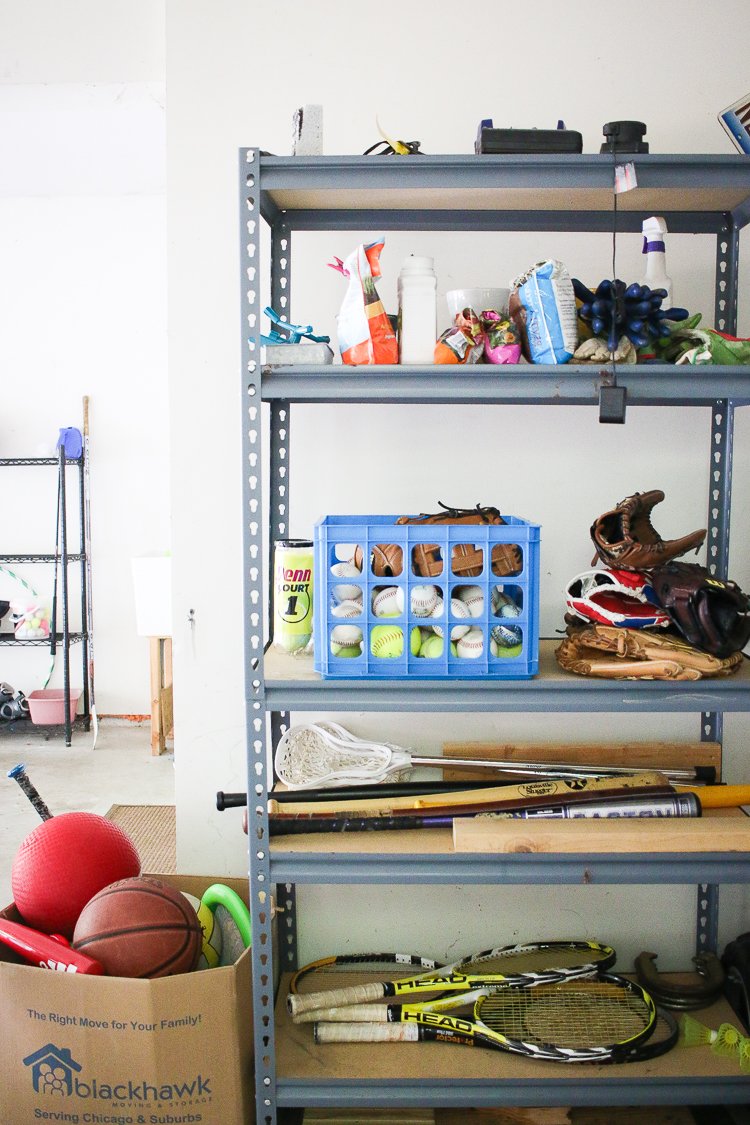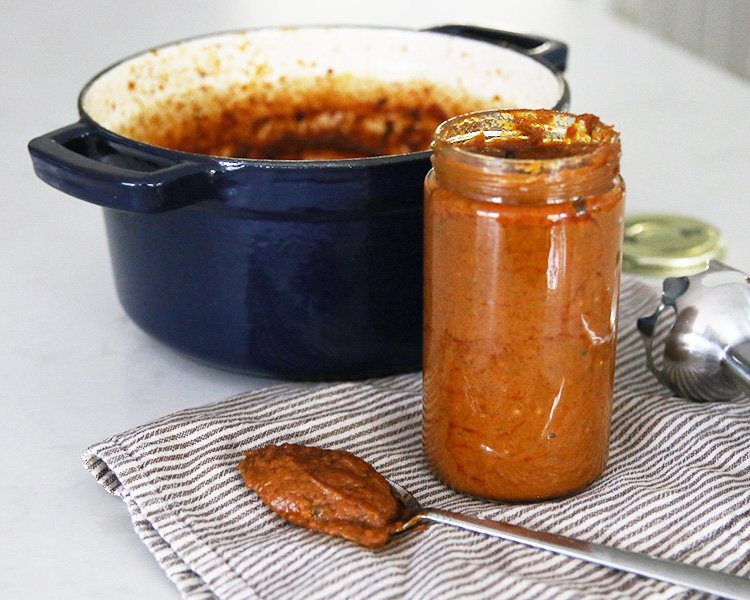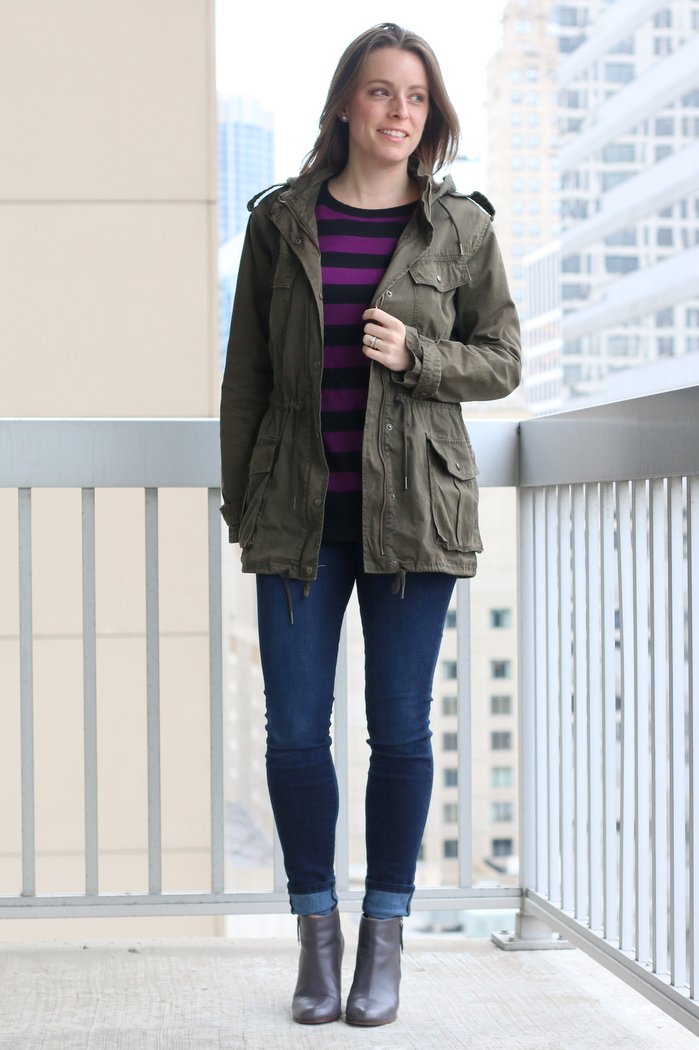Modern Parent Series | Marie Stinnes on Water Conservation in Cape Town
Can you imagine living without running water? It’s hard to fathom; most of us take the water coming from our tap for granted. It just keeps on flowing.
Today, however, as part of the Modern Parent Series, I’m excited to introduce you to one woman who can tell us a bit about how this feels. Marie Stinnes lives in Cape Town, a city currently experiencing sever water shortages. She shares with us snippets of how life is changing as well as some thoughts on ways we can all be more conscientious about water use in our every day lives.
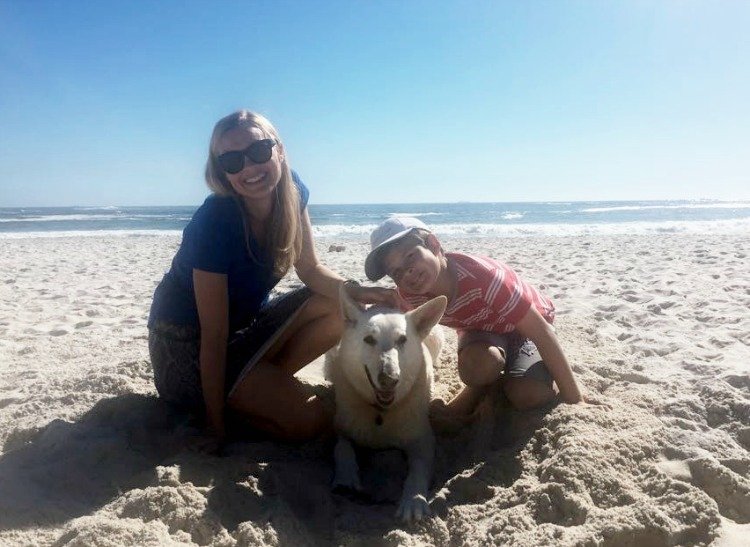
Tell us a little bit about yourself, your family, where you live, etc… What is the Marie 101?
Hi! My name is Marie 🙂 and this is my family: I have a son called Timon who is turning 9 in March. We have a white eight-year-old Swiss Shepherd, and we love our little circle of three. Nonetheless, there is a strong bond to Timon’s dad, who remained one of my best friends, even after we separated.
We have tried to be open and honest with Timon since we realised we are not working as a married couple a few years ago, and although I do feel that my son understands, on his level, I think it hasn’t been easy for him all the time. However, both his parents are doing the best they can to provide a solid family foundation where he feels secure, and I have a feeling all will be well.
I currently work part-time only, which means I get to spend a lot of time with Timon. I do freelance public relations for the Royal Cape Yacht Club whenever they host a special event or a popular sailing regatta, and I also do events support all over Cape Town via an agency of a friend of mine. This means I get to meet a lot of people from all walks of life and from all over the world, which I love.
You live in Cape Town which is currently experiencing a serious drought causing water shortages. Was this a surprise to your community or were there many warnings about it? How is the community handling it?
I believe that, generally, it wasn’t a surprise to people who followed what was happening with the weather. There had been water restrictions a few summers in previous years, and water scientists have warned the local municipality as far back as 1992 that, with the climate patterns changing and more and more people flocking to Cape Town (to either live or visit), the current water reserves, which rely mainly on rain water collected in the winter months, won’t be enough to service a big metropole like this on the long run.
However, when I chat to members of the community who perhaps don’t have a culture of reading newspapers, I do get a feeling that many of them do seem surprised by the sudden severity of the water issue. A lot of people were still in denial about the matter until very recently, when the municipality actually started communicating plans for shutting down our taps and handing out water at various collection points.
I feel many people only started realising this is real when they heard these plans are ready to be implemented, and they finally started reducing their water consumption. Thankfully, the drastic water saving behaviour has ‘pushed back’ what they call Day Zero for quite a bit, and the municipality feels that if we continue using only the amount of water we are allowed (50 litres per person per day), there will be no need to turn off the taps.
Generally, the Cape Town community is handling the issue in a very relaxed and optimistic way. We shower less and we flush our toilets less. We only wash our clothes when it’s really necessary. Our gardens are dry and our cars are dirty, and we are fine with that. This is just the way the people are here. They don’t easily panic, but on the flipside, they also have this ‘inertia’ when it comes to changing their behaviour patters, because everything and everyone is so relaxed. South Africans, and especially Capetonians, have this very ‘chilled’ approach to life.
One thing we are noticing, however, is that people are beginning to feel worried about not having enough water at home, and the supermarkets cannot keep up with their supply of mineral water. It is constantly sold out. When people started realising the water issue is serious, they started buying water like maniacs. The local government is building a desalination plant for Cape Town, as well as increasing the capacity of their water treatment plants, and they are drilling into aquifers (which they knew about for a while) that Cape Town has underground. So everything is happening at once to try to increase and stabilise water supply. It seems it sometimes takes a crisis for people to wake up to a problem here.
While most of us aren’t living in places with water shortages so near in sight, we could benefit from being more conservative with our water usage. What are some of the common or easiest changes you and those in your community have made to reduce your water consumption?
First of all, we don’t shower long, and we don’t take baths. It’s amazing how much water one can save by only changing shower and bath behaviour.
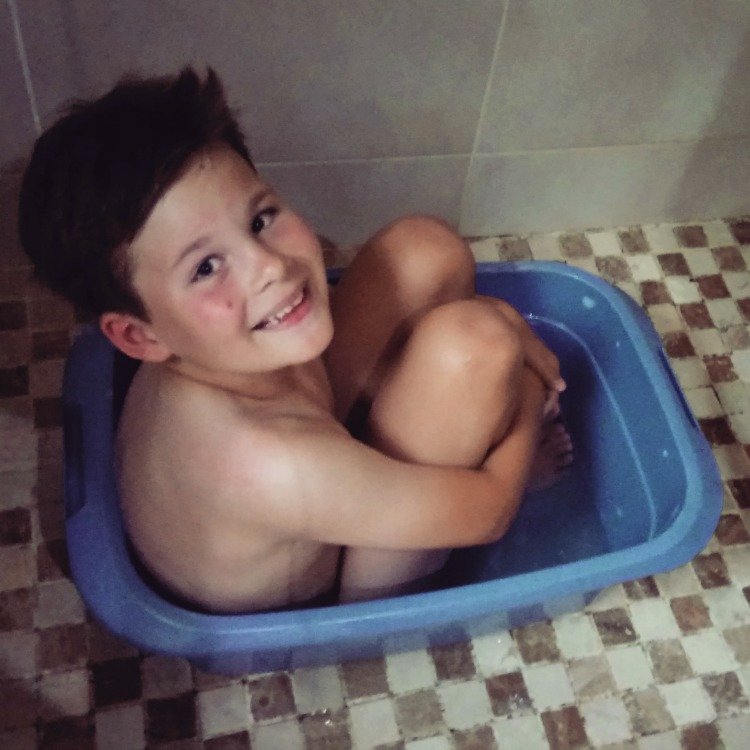
Watering our gardens less or not at all is also an ‘easy’ adaption to make, however, it is truly sad to see lawns and plants die because of the drought. Also, a lot of public spaces like schools, hospitals, malls and airports have turned off their bathroom taps and implemented hand sanitizer containers instead. This makes complete sense!
What I found easy too is to not wash my car. The notion of washing a car with drinking water is crazy if you think about it! Another insane idea is that we use perfectly clean drinking water to flush our toilets! It’s incredible! I definitely feel that domestic water circulation systems should and could be designed differently in future, not only here, but all over the world. Shower, bath and basin water should be used to fill up toilet cisterns, for example. And grey water from showers, baths, basins, washing machines and dishwashers could be used to irrigate a garden. This in turn should make us turn to more natural, biodegradable products, which would be a fantastic side effect in my opinion…
What are one or two of the most difficult challenges you’ve encountered as a result of the shortages?
On a communal level, I think it’s really tough to see fires flaring up, which happens a lot in Cape Town over the hottest summer months, as there are strong winds this time of year too. The fire brigade uses drinking water to extinguish fires. (Another area worthy of rethinking – collecting grey water would make sense for this I believe.)
On a personal level, I really don’t enjoy not flushing the toilet after every use! It’s gross! And it’s tough not showering every day, and when you do, to turn off the tap after every five seconds and feeling guilty for opening it again! The constant feeling of guilt when using water is probably the most difficult thing to deal with on a daily basis.
Also, swimming pools have started shutting down recently, as water levels are too low. We are currently experiencing the hottest months of the year in Cape Town, so swimming is usually a great way of both cooling down and staying active, especially when you have kids. It’s usually a way of keeping them entertained for hours in summer. However, at least, we do have the alternative to drive to the beach and dive into the icy Atlantic Ocean if we really need to cool down… 🙂
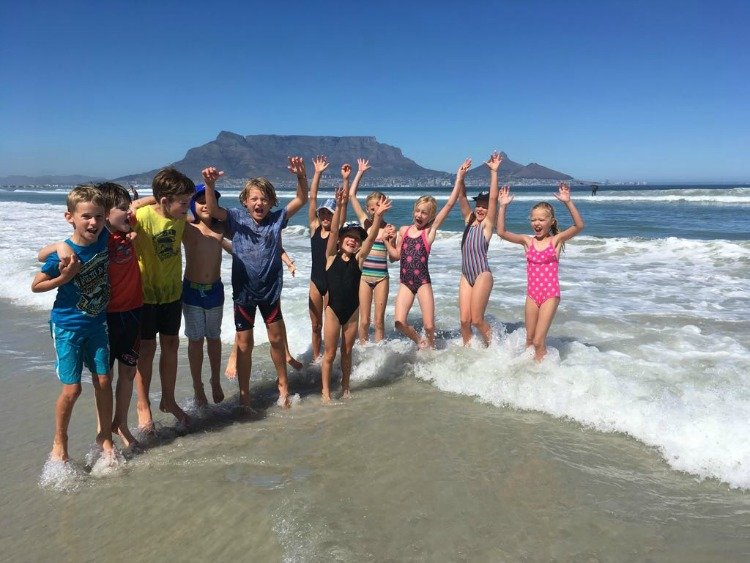
Have you been pleasantly surprised by anything?
The feeling of sharing a joint crisis has definitely increased the general feeling of ‘we’re all in this together’ – radio stations have water reporters and one has started something called ‘Water Warriors’, which is a platform for encouraging one another on how to save water, exchange ideas etc. Cape Town people are all actively sharing ideas of how they are saving water. Some of them are very innovative!
Everyone is trying to top the other in terms of water savings per day. It definitely has been something which has brought the community closer together. It doesn’t matter whether you are rich or poor, we are all in this, and we are all trying to avoid having to experience something like Day Zero, when the city runs out of water.
In terms of our country, we have seen heartwarming stories of fellow South Africans empathising with Cape Town and donating water, driving water down here, as well as farmers from up country gifting millions of litres of water from their private dams and channeling the water to the City’s water infrastructure.
One change that has been really easy is to teach children to adapt their water using behaviour! Schools have been really amazing in prioritizing water saving. I think the generation of kids growing up in Cape Town now will definitely be conscious of their water consumption forever. They are reminding one another daily to not waste water. It’s been the most delightful side effect of the drought.
Teaching children that water is valuable should be something happening in every household and school I think. The fact that we have constant access to clean drinking water is taken for granted usually. At the same time I actually have thought about how privileged we still are to have 50 litres of fresh water per day available to us. There are many other countries in Africa where this would be considered a luxury! It’s all about perspective I guess.
Also, people have started to realise they can actually gather their own rain water in big water tanks, in order to water their garden, fill up their swimming pools etc. This water usually goes to waste! In South Africa, people are often too lazy or too comfortable to act in an environmentally conscious way, so I think this issue has given many of us a reason to rethink our behaviour.
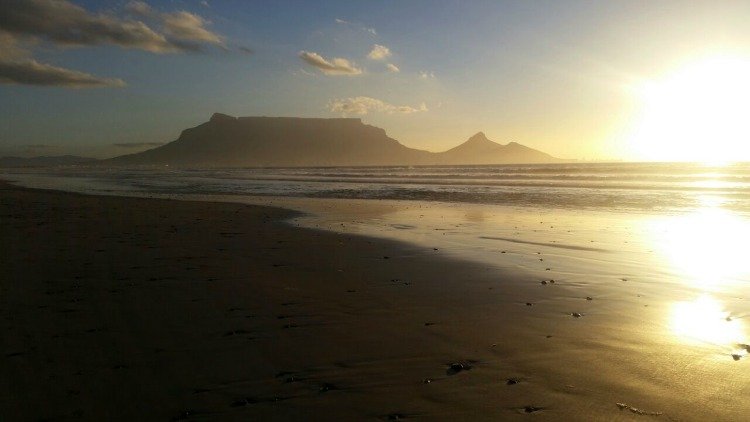
Aside from water conservation, can you share with us a couple other of your family’s favorite simple living practices that other families could try and might find work for them?
I am on a mission to reduce ‘stuff’. I feel I have gathered so many things. I am constantly busy giving away and throwing out items I don’t need and finding ways of living according to the idea of long-term conscious minimalism. This is a concept that really appeals to me. I cannot handle blind consumerism and materialism and am trying to teach my son about being waste-conscious and to consume responsibly.
I am also very conscious of not wasting food and make a point of using everything in my fridge before it goes off. I hate throwing away food. We also try to minimise car trips. I walk my son to school in the mornings, and we take our dog along. It’s such a beautiful early morning ritual for the three of us.
Where can we find you to follow your journey of simple living and enduring the water shortages in Cape Town?
I sometimes post some of my experiences, hopes and fears related to the water crisis and all sorts of other small stories on Instagram. You can follow me on @marierohwer0305.
